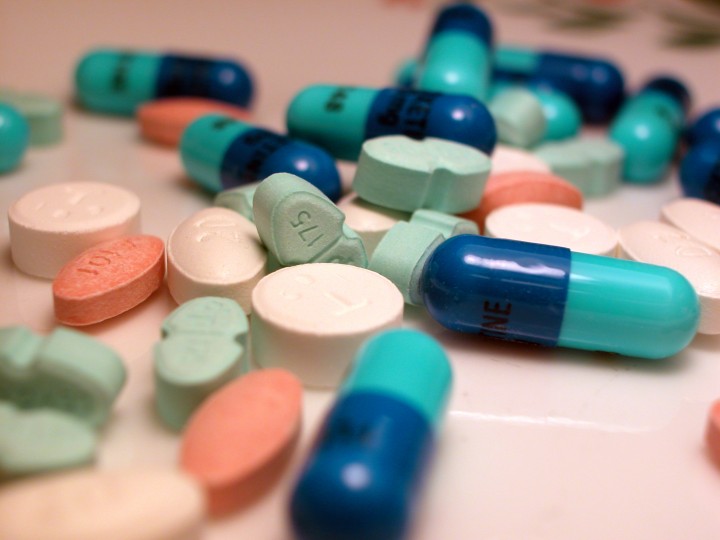TORONTO – Are Canadians overpaying for their prescription drugs?

A University of British Columbia researcher says we are, and that’s because our country is missing out on brokering deals with pharmaceutical companies the same way fellow nations are.
Provinces strike up their own individual deals with drug companies, missing opportunities to garner better prices if Canada negotiated rebates while buying as a whole country, Steve Morgan, a health policy expert at UBC said.
“The pricing of medicines is now a game of negotiation, similar to buying a car at a dealership. There’s a list price equivalent to a manufacturer’s suggested retail price and then there’s secret deals that everyone negotiates from there,” Morgan said.
He told Global News that Canadians pay the second highest costs for brand name drugs in the world, second only to the United States.
He said it’s large countries with multi-level health care systems that lose out on drug pricing. New Zealand, for example, is a much smaller nation but it leverages its universal drug plan to lower its prices.
Canada pays about 20 per cent more for brand name drugs. Meanwhile, countries that negotiate the supply of generic drugs pay 90 per cent less than we do, Morgan said.
Tylenol or Advil, for example, would be about a fifth more expensive in Canada, while their generic counterparts, acetaminophen and ibuprofen, would be marked up by 90 per cent compared to other countries’ prices.
This shortfall in our bargaining power ends up on consumers’ shoulders, said Morgan.
“Current differences in price mean that Canadians are spending literally billions of dollars more than they should on prescription drugs. If we do not learn to negotiate rebates as well as comparators around the world, we will continue to pay billions of dollars more per year than we ought to,” Morgan told Global News.
Pockets of our population, such as seniors, the poor or the very ill, end up paying the most out of pocket expenses for their drugs.
Read more: Canada’s seniors face high rates of hospitalizations from adverse drug reactions
In his study, published in the April issue of Health Affairs, Morgan interviewed policymakers from nine countries similar to Canada, including Australia, Austria, Germany, Italy, the US and the UK.
Across the board, Canadians and Americans paid for the most for their drugs. Deals struck between countries and drug companies are confidential though, so they don’t set precedents for other countries to follow.
Canadians spent $33 billion on drugs in 2012, report says
Morgan’s findings come as a new report shows Canadians spent $33 billion on drugs in 2012.
That’s about $947 per person, according to the Canadian Institute for Health Information. Its findings on drug expenditures were released Thursday.
Medication still makes up the second most expensive cost to health care spending, behind hospitals and ahead of doctors’ fees.
The president of the Canadian Generic Pharmaceutical Association, which represents that part of the industry, said that in some cases, research is comparing very different systems.
In Canada, there is control over mark up of prices. If a drug is listed at a certain price, it’s reflected on store shelves and in pharmacies so the cost isn’t inflated, CGPA president Jim Keon said.
That doesn’t always apply to other countries’ protocol, Keon said. So if some nations broker cheaper deals, that discount doesn’t always extend to the consumer at the end of the purchasing chain.
“It’s not always an apples to apples comparison,” he told Global News.
“We need to be careful about this. There are different systems in place . . . and comparisons don’t always reflect what the end payer actually pays.”
The most common drugs Canadians use are for managing chronic diseases – hypertension, high cholesterol, depression and asthma, for example.
carmen.chai@globalnews.ca
Follow @Carmen_Chai




Comments